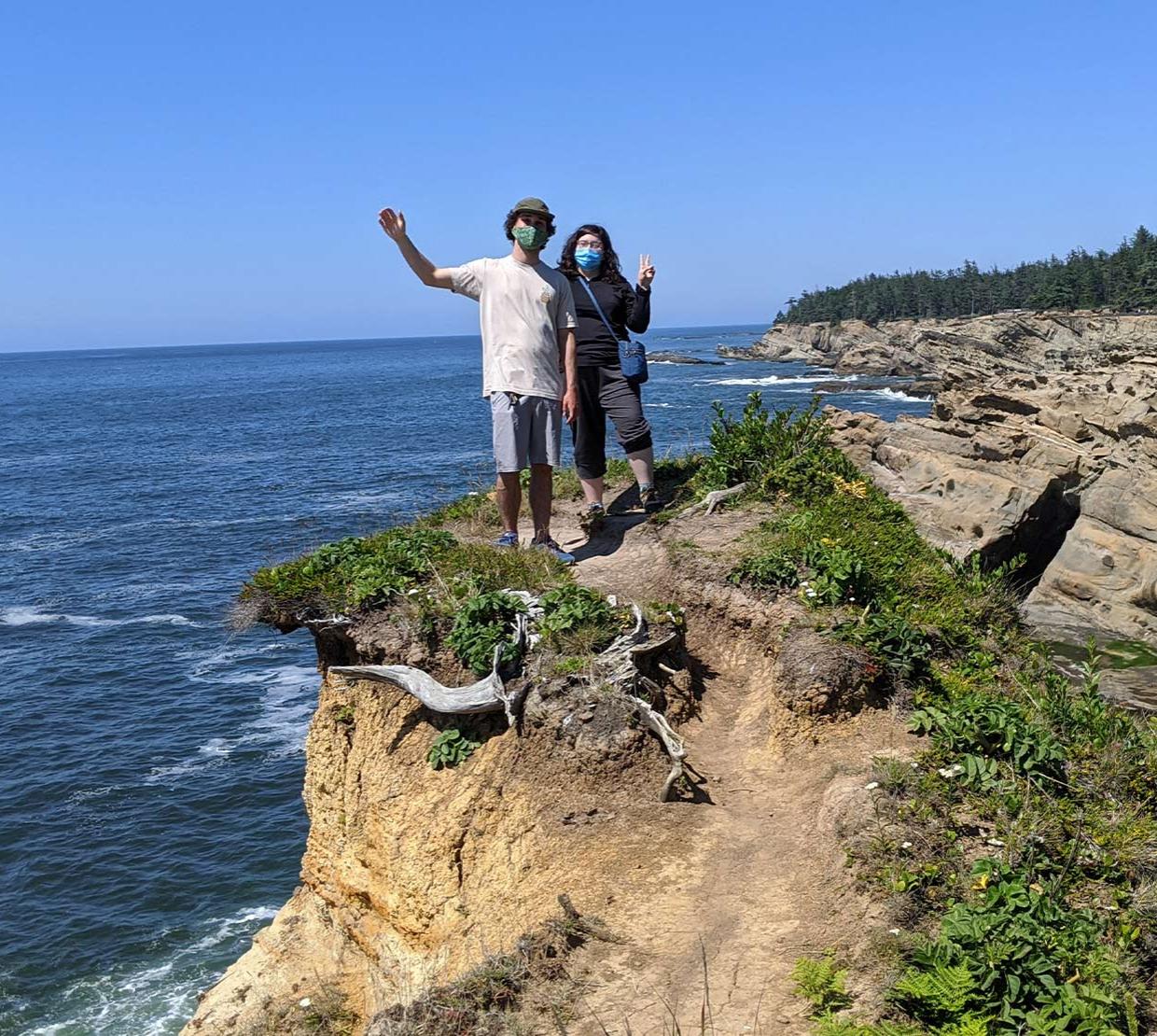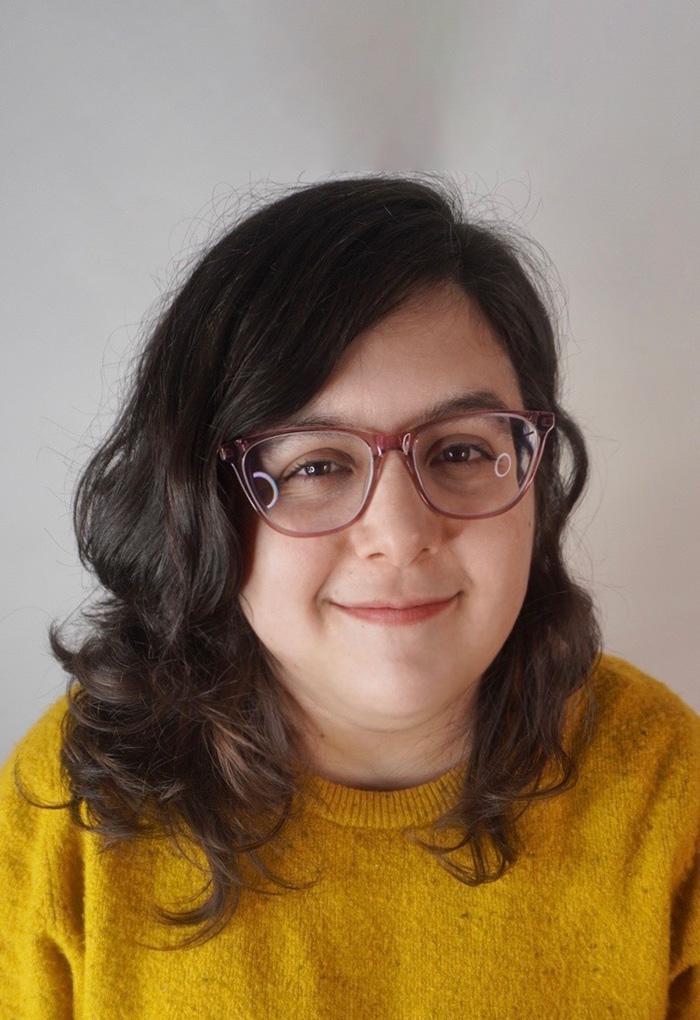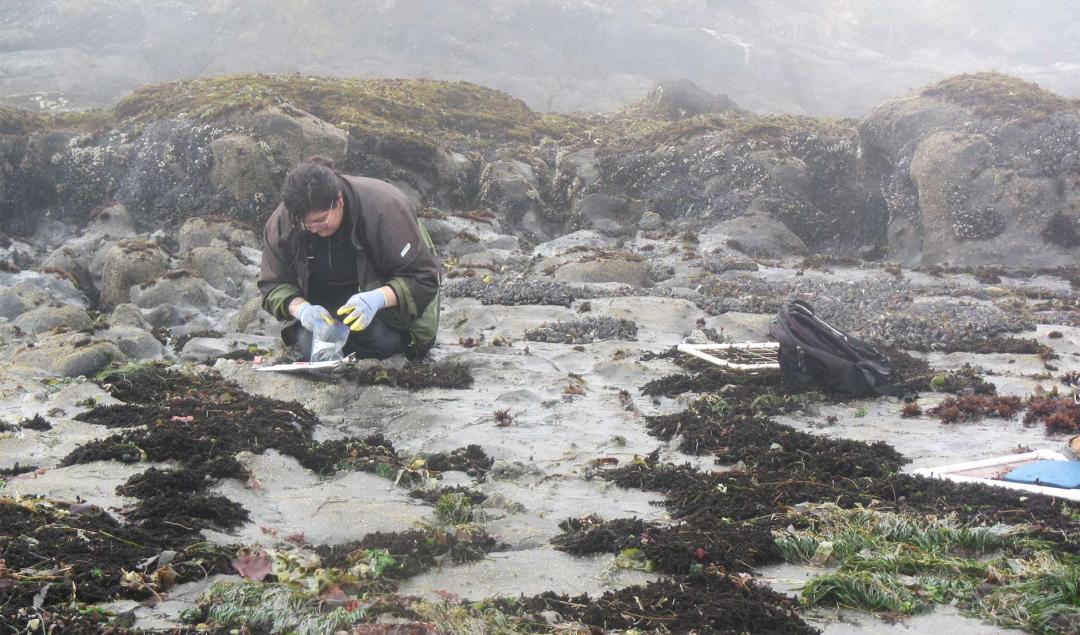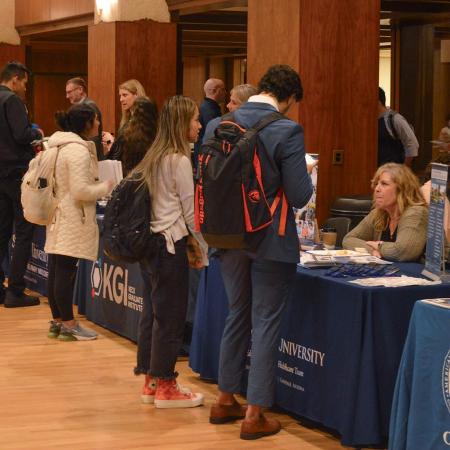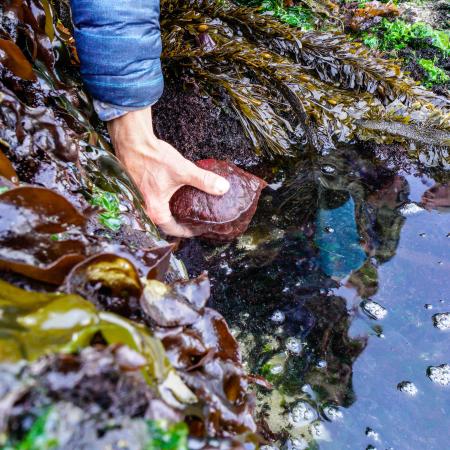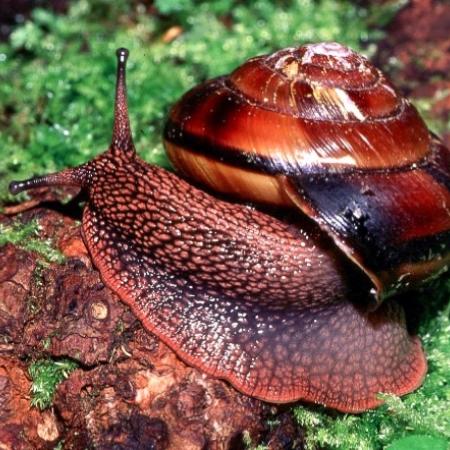For Lily Miksell, the Alexei Lubchenco Menge Undergraduate Research Fellowship presented an exciting opportunity to pursue her interests in ecology and conservation, despite constraints caused by COVID-19. This fellowship awarded by the Department of Integrative Biology supports one biology or zoology undergraduate’s ecological field research each summer with a $5,500 stipend and $500 research award. Lily Miksell was the 2020 fellowship recipient and the second recipient of the award since it’s 2019 inception.
Prior to attending Oregon State and getting involved in marine research, Miksell worked in healthcare for seven years. She trained in phlebotomy, eventually taking a job in pathology that brought her to Portland, Oregon. Although Miksell says she never thought of herself as an academic person, her lab experience from working in pathology helped hone her interests in biology. She also credits her dogs with sparking her deep interest in animals – an interest she has been able to pursue in her time at OSU.
“Whatever I end up doing, I just know I want to help animals – whether it’s preserving their natural habitat or studying marine disease and how we can help address those,” she said.
Miksell began doing research through the URSA Engage program prior to being awarded the fellowship. Through the URSA program, she worked in the Menge lab with postdoctoral scholar Sara Gravem. Miksell helped kickstart the PRIMED Network during her time working with Gravem. The PRIMED network stands for “Primary Responders in Marine Emergent Diseases and is composed of a group of experts in marine science committed to addressing marine disease outbreaks.” Miksell assisted the researchers by consolidating data, setting up online workshops, and creating a website and iNaturalist project, which aims to detect and track disease outbreaks in marine wildlife species, to encourage more people to become involved in community science.
